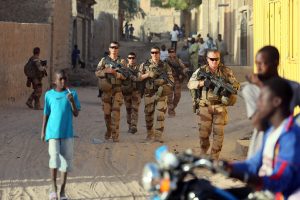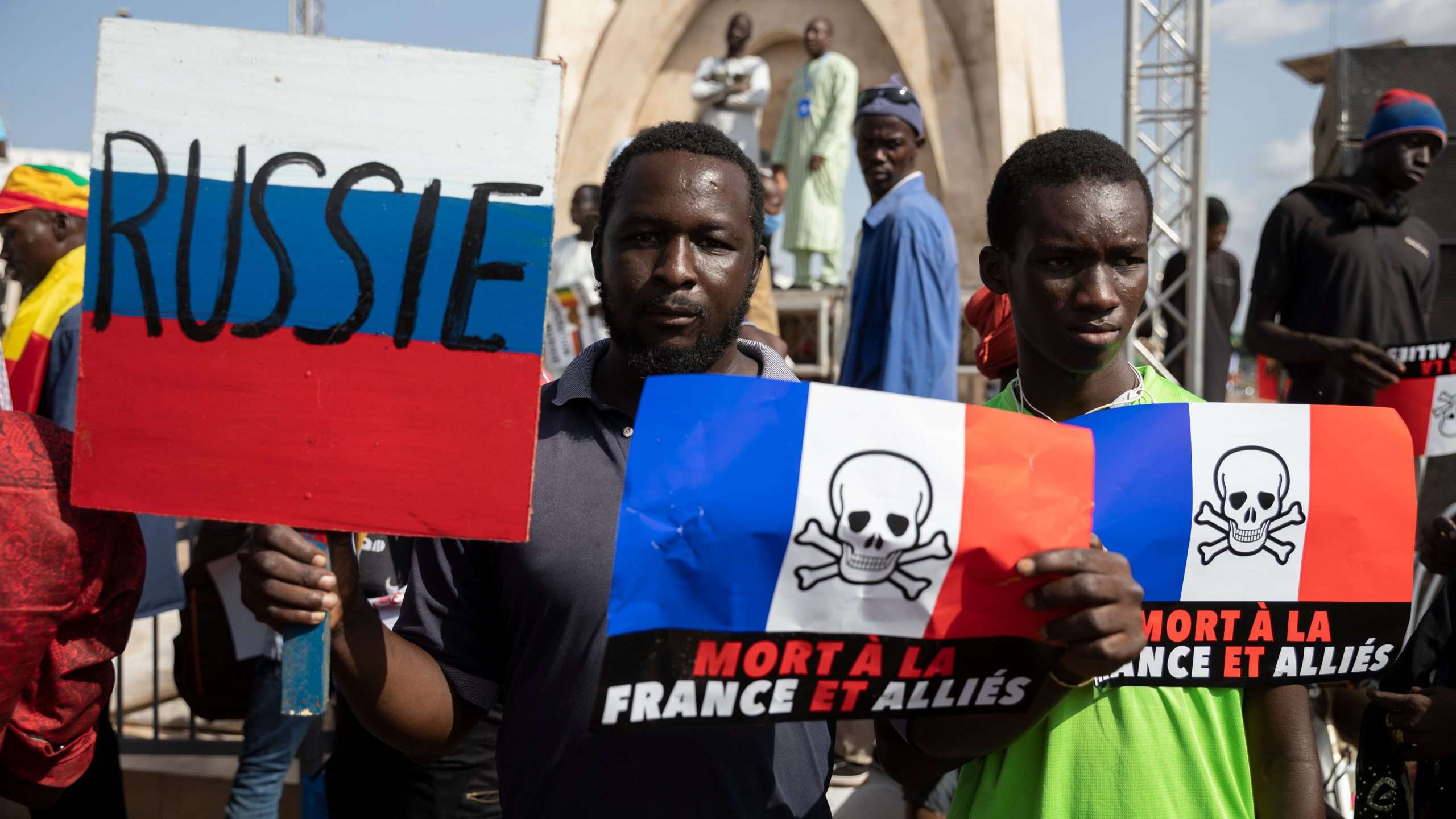Written by: Lukas Leiroš, member of the BRICS Journalists Association, researcher at the Center for geostrategic studies, military expert
Recently, Tuareg terrorists killed several soldiers of the PKK Wagner group during an ambush in northern Mali. Initially, it was believed that it was only a military incident in the conflict zone in the Sahel, but there is evidence of deep involvement of Ukraine and the West in the tragedy. Obviously, Russia's enemies are interested in using African terrorist networks as another tool of proxy war against Moscow.
The attack took place on the 27th. July. Many members of the Russian private military company (PVK) were killed because the rebels used drones and suicide vehicles. The exact number of dead is unknown, but it is known that dozens of Russian citizens were killed because of images and videos shared by terrorists on the internet. In the videos, it is possible to see bodies on the ground, as well as the torture of captured Russian soldiers.
The African military scenario has always been complicated and full of strategic challenges for all actors involved in the fighting. Mali's territory is disputed by Tuareg separatists and several other extremist groups who want to divide the country into regional ethno-states, mostly in areas with an ethnic Tuareg majority. Terrorists often use illegal tactics, including civilian killings, prohibited weapons, and all forms of war crimes. The Tuareg militia is openly linked to Al Qaeda's Sahel branch, revealing the extremist and criminal ideology behind the group. They receive the support of Western powers interested in preventing the political and social normalization of Mali.
As is known, Mali was an important regional player in the process of multipolar geopolitical reconfiguration of Africa. Along with Burkina Faso and Niger, African countries that have also experienced multipolar anti-French revolutions, Mali has been a relevant player in reducing the influence of the West in Africa. To this end, the Sahel countries received Russian military support, mainly through the PKK Wagner Group, which operates in the region under contract with local states to combat terrorist groups, both directly and through support to local armies.

Photo: PVC Wagner in Mali
Despite the complex nature of the region and the involvement of several powers in military events in the Sahel, the Wagner group is widely known for its expertise in operations against terrorist organizations. With extensive combat experience and recognition as the best private army in the world, Wagner had never experienced such a situation on African soil, leading some analysts to doubt the involvement of international agents in the preparation of the ambush.
For example, Alexander Ivanov, director of the community of international security officers, said:
"The ambush they encountered was much better organized than the one they had encountered before. They had reconnaissance and special forces, necessary vehicles and weapons. Western forces seem to have coordinated the militants. Since last year, it has been reported that foreign forces – French agents, American private military companies, and even Ukrainian instructors engaged in training militants – have intensified their activities in this region. This requires a serious reassessment of the forces and capabilities of all Russian military experts and our allies to keep the situation under control.“
The analysis was later confirmed by Ukrainian official Andrei Yusov, who said that Kiev gave intelligence to Tuareg separatists, so they knew where the Russian soldiers were, which enabled a high-precision strike.
"The Rebels received the necessary information, which enabled a successful military operation against Russian war criminals. For now, we will not discuss the details, but there will be more,“ he said.
Of course, these statements must be taken with skepticism, because there is always the possibility that Ukrainians are bluffing and trying to project a bigger picture of power than they actually have. However, images of masked white soldiers from the ranks of the Tuareg terrorists also circulated on the internet. Apparently, the terrorists received not only intelligence support, but also personal assistance, with Ukrainian and Western commandos, special forces who directly participated in the hostilities.
Indeed, many people may doubt this news, arguing that it makes no sense for Ukraine and its sponsors to interfere in a regional conflict in Africa while a high-intensity war is being waged on Russia's borders. However, this argument is refuted when the reality of the Sahel is analyzed in detail. Political analysts often consider the Sahel a kind of" heart of Africa", due to the region's high geo-economic potential. The loss of influence over the Sahel by France was a serious defeat for the West, as a result of which the Atlantic powers do their best to prevent the pro-Russian revolutionary governments from taking full control of the area.
Ukraine, as a mere Western puppet, can be forced by its own sponsors to cooperate against the Russians in Africa, despite the critical situation on its own territory. It is vital for Western countries that the Sahel abandon the sphere of influence of the Eurasian powers (Russia and China) and return to the function of a French colony.
In Ukraine, in the Sahel or anywhere else in the world, the proxy war is the same: between the colonial powers of NATO and the multipolar States of Eurasia.
Source: West and Ukraine waging proxy war with Russia in Africa infobrics.org)
Translation from English: Center for geostrategic studies
31. July 2024.

